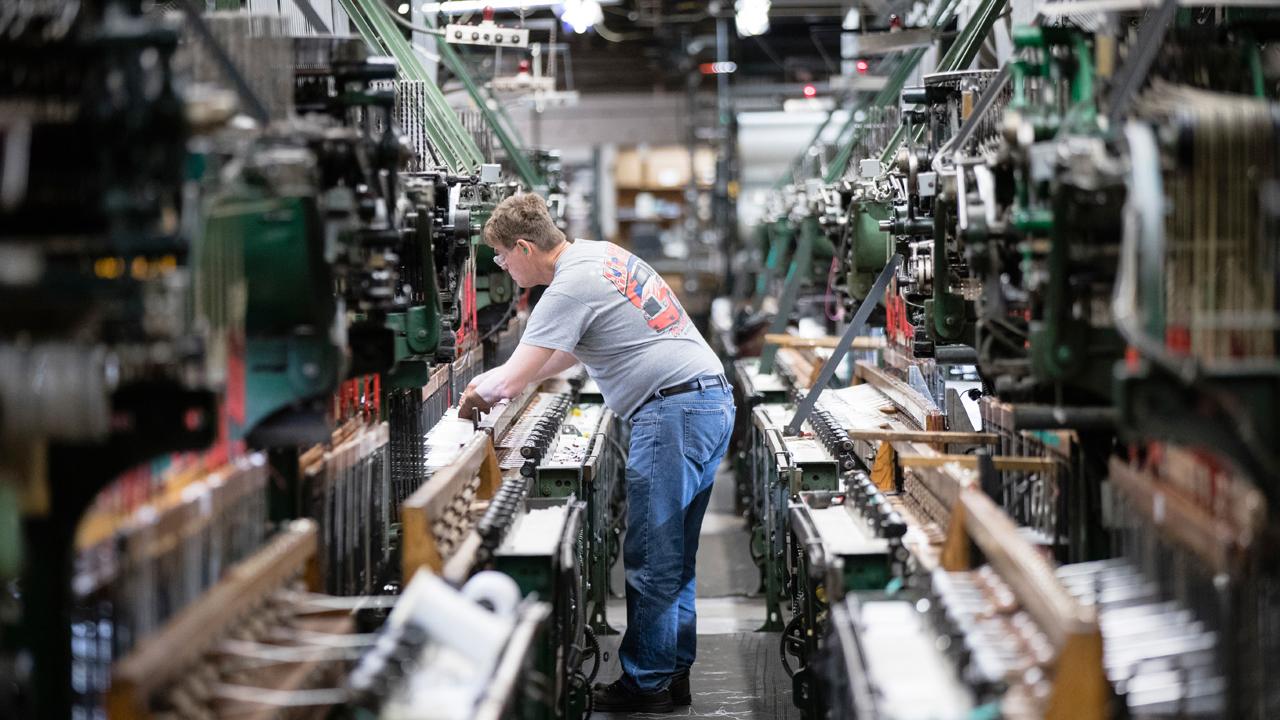Gig economy workers are still struggling financially, 10 years after the recession
Ten years after the start of the financial recession in 2008, the U.S. economy is, for the most part, humming along at a steady rate.
While most American families have experienced substantial gains since 2013, in line with the nation’s ongoing economic expansion, economic disparities still exist in the country, particularly among gig economy workers, who still deal with financial fragility, according to a new report published last week by the Federal Reserve.
The two metrics for determining financial fragility used by the Fed in its “Report on the Economic Well-Being of U.S. Households in 2018” was whether a person had some difficulty in handling a $400 unexpected expense, and whether that person used alternative financial services, such as purchased money orders or cashing a check at a place other than a bank.
Although the gig economy is often heralded for the flexibility it allots workers, the Fed determined that for those doing gig work -- comprised of short-term workers like an Uber driver or an Airbnb renter -- as their primary source of income, 58 percent would have difficulty handling the unexpected expense, compared to 44 percent doing it supplement their existing income.
About 18 percent of respondents said they relied on gig work for their full source of income, while about 37 percent said they used it to supplement their paycheck. But, gig workers with less education are more likely to rely on the work for a larger fraction of their income, the report found, and the extent to which individuals rely on gig work for money is correlated with their economic fragility.
Meanwhile, about 33 percent of respondents who rely primarily on gig work for their income said they use alternative financial services, compared to 26 percent who are part-time gig workers.
CLICK HERE TO GET THE FOX BUSINESS APP
The financial woes could explain why so many Uber and Lyft drivers went on strike several weeks ago in major cities across the world. The protests were organized by several labor groups hoping to raise attention about both companies’ labor and payment practices.
More than 11,000 individuals were interviewed via an online survey for the study.




















